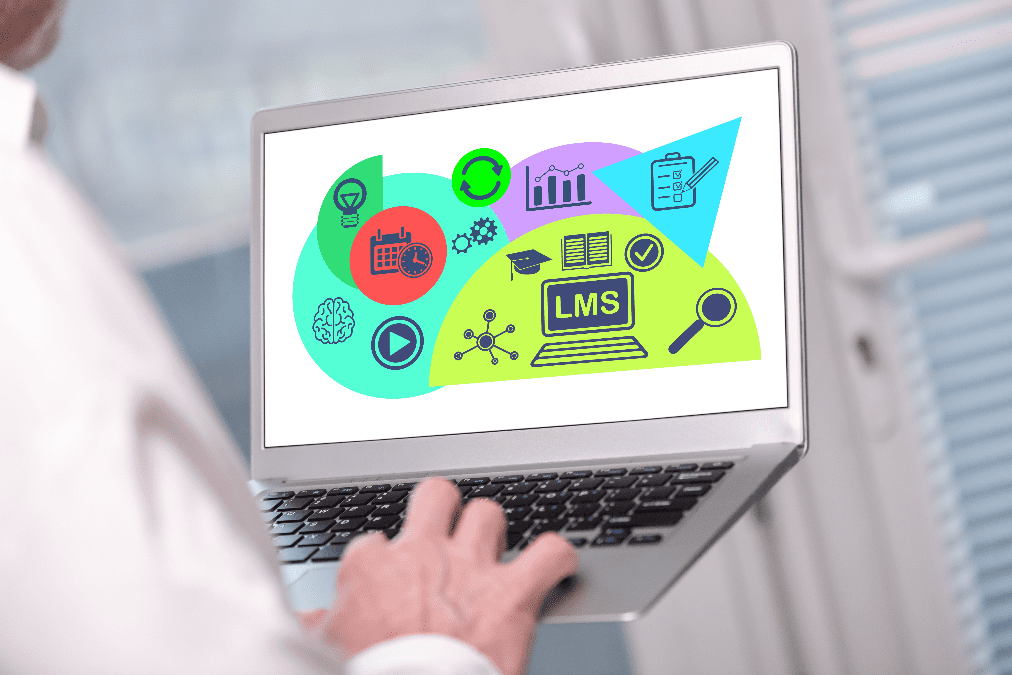Enhancing Product Training Efficiency: Top 5 Advantages of Leveraging an LMS

In the dynamic landscape of modern business, the efficiency of product training is increasingly crucial. As companies diversify their product lines and markets expand, effective training strategies become essential for success. In 2021, the typical company utilized over 100 software as a service (SaaS) applications, a trend highlighted by Statista. Furthermore, the fact that these acquisitions are increasingly made by the departments using the software, rather than by IT departments, suggests that this upward trend in SaaS application usage is expected to continue. A Learning Management System (LMS) is not just a tool; it’s a game-changer in this realm. The versatility and power of an LMS have transformed product training processes, offering unparalleled benefits.
Customizable Learning Paths for Diverse Product Lines
LMS: Tailoring Training to Specific Needs
A major strength of an LMS is its ability to create customizable learning paths. Each product demands unique knowledge and skills. An LMS caters to this need by allowing trainers to develop tailored courses for different product lines. This feature is particularly beneficial for businesses with diverse product lines, allowing them to tailor training programs to specific products or services. Customizable paths ensure that employees receive relevant and focused training, enhancing their understanding and proficiency.
Scalability and Accessibility in Training
Evolving with Your Business Needs
As businesses grow, their training needs evolve. An LMS scales effortlessly to accommodate this growth, supporting an increasing number of learners without sacrificing quality. This scalability ensures that as a business expands, its training programs can grow alongside it without a decrease in effectiveness or accessibility. Additionally, LMS platforms are known for their accessibility features, such as mobile learning and support for different languages, making training more inclusive and reachable for a global workforce.
Real-time Tracking and Analytics
Insightful Learning with Immediate Feedback
The real-time tracking capabilities of an LMS are invaluable. Trainers can monitor learner progress and adjust the training material as needed. This feature allows managers and trainers to monitor the effectiveness of the training program and make necessary adjustments. Analytics play a crucial role in measuring the impact of training and making data-driven decisions to improve training strategies and outcomes.
Cost-Effective Training Solutions
Maximizing ROI in Training
Switching to an LMS can significantly reduce training costs. Traditional methods often involve extensive resources, from printed materials to in-person sessions. An LMS, on the other hand, centralizes resources and reduces the need for physical materials, leading to considerable savings. Data on cost efficiency and ROI further underscore the financial benefits of adopting an LMS for product training.
Enhancing Engagement and Retention Through Interactive Learning
Interactive Learning for Deeper Understanding
Interactive elements such as quizzes, simulations, and gamification are crucial in an LMS. They transform passive learning into an active experience, boosting engagement and retention. Studies show that interactive learning not only makes training more enjoyable but also enhances knowledge retention, leading to more effective training outcomes.
Conclusion
The implementation of a Learning Management System revolutionizes product training. It offers customizable, scalable, and accessible training solutions that are cost-effective and engaging. By leveraging the power of an LMS, businesses can ensure that their training programs are as dynamic and adaptable as the markets they serve.
Recent Blogs

Print, Pedagogy, and AI: The New Architecture of Educational Publishing

From Disruption to Direction: Reasserting Human Judgment in Peer Review in the Age of AI


